The kingdom spends 8% of its GDP on the military , which places it as the world's third biggest military spender behind the United States and China, and the world's largest arms importer from 2015 to 2019, receiving half of all the US arms exports to the Middle East. According to the BICC, Saudi Arabia is the 28th most militarized country in the world and possesses the second-best military equipment qualitatively in the region, after Israel. By the late 2010s, there have been continual calls for halting of arms sales to Saudi Arabia, mainly due to alleged war crimes in Yemen and especially following the assassination of Jamal Khashoggi. Repression of the rights to freedom of expression, association and assembly intensified. Among those harassed, arbitrarily detained, prosecuted and/or jailed were government critics, women's rights activists, human rights defenders, relatives of activists, journalists, members of the Shi'a minority and online critics of government responses to the COVID-19 pandemic.
Virtually all known Saudi Arabian human rights defenders inside the country were detained or imprisoned at the end of the year. Grossly unfair trials continued before the Specialized Criminal Court and other courts. Courts resorted extensively to the death penalty and people were executed for a wide range of crimes. Migrant workers were even more vulnerable to abuse and exploitation because of the pandemic, and thousands were arbitrarily detained in dire conditions, leading to an unknown number of deaths. The figures above mask substantial differences in the policies of EU member states towards arms exports to the Saudi Arabian-led coalition.
Citing concerns about violations of human rights and IHL, some EU member states have indicated that they would deny arms exports to members of the coalition. The Netherlands has established a presumption of denial for transfers to Saudi Arabia and other members of the coalition that are party to the conflict in Yemen. This implies that exports of military goods are denied unless there is irrevocable proof that the goods will not be used in the conflict.6 Restrictions have also been applied by the Belgian regions of Flanders and Wallonia. In 2018, the Belgian State Council suspended eight licences for transfers to Saudi Arabia granted by the Walloon Government.
According to the State Council, the Walloon Government failed to properly consider the common exporting criteria, especially as regards human rights. This decision was then confirmed and the licences were cancelled in June 2019. More recently, allegations that Belgian weapons might have been used in Yemen have triggered a public debate on whether Belgium should consider suspending exports to Saudi Arabia altogether. In 2018, Germany also significantly changed its export control policy towards Saudi Arabia, with restrictions announced already in January as part of the government's coalition agreement.
In November, following the murder of the journalist Jamal Khashoggi, Germany established a temporary moratorium on arms exports to Saudi Arabia, which involved a stop on new licences and a call not to use existing ones. As the Khashoggi case was unfolding, Denmark and Finland also announced the adoption of restrictions on their arms exports to Saudi Arabia. Following recognition in 1931, the United States and Saudi Arabia established full diplomatic relations, with exchange of credentials and the first U.S. ambassadorial posting to Jeddah, in 1940. Saudi Arabia's unique role in the Arab and Islamic worlds, its holding of the world's second largest reserves of oil, and its strategic location all play a role in the long-standing bilateral relationship between the Kingdom and the United States. The United States and Saudi Arabia have a common interest in preserving the stability, security, and prosperity of the Gulf region and consult closely on a wide range of regional and global issues. Saudi Arabia plays an important role in working toward a peaceful and prosperous future for the region and is a strong partner in security and counterterrorism efforts and in military, diplomatic, and financial cooperation.
Its forces work closely with U.S. military and law enforcement bodies to safeguard both countries' national security interests. The United States and Saudi Arabia also enjoy robust cultural and educational ties with some 37,000 Saudi students studying in U.S. colleges and universities and scores of educational and cultural exchange visitors each year. The United States also provides promising youth and emerging Saudi leaders the opportunity to experience the United States and its institutions through the International Visitor Leadership Program and various other exchange programs.
In contrast, countries like the UK, France and Italy have been resisting public pressure to reconsider their arms export policies towards members of the coalition. For example, in the UK, negotiations for the purchase of 48 BAE Typhoon fighters by Saudi Arabia made further progress in March 2018. In France, the value of licences issued for arms exports to Saudi Arabia increased by 50 per cent during 2018 and the Saudi Arabian Government ordered patrol boats to the value of around one billion euros.
In Italy, licensed arms exports to Saudi Arabia were actually valued lower in 2018 than in previous years, nevertheless, the latest reported customs data shows that deliveries continued to be carried out. At the end of 2018, the Italian Prime Minister stated that the Italian Government was against the sale of weapons to Saudi Arabia in light of its role in the Yemen conflict. However, this statement was not followed by any change in the country's export control policy. In the UK and Italy, non-governmental organizations and civil society organizations have responded by seeking to challenge the lawfulness of their respective government's export-licensing decisions in court. Allegations of torture by police and prison officials are common, and access to prisoners by independent human rights and legal organizations is extremely limited. In March 2019, international media published leaked prison medical records indicating that a number of political prisoners suffered from cuts, bruises, burns, and malnutrition.
Detained women's rights activists were reportedly given electric shocks, whipped, beaten, sexually abused, and threatened with rape. The family of Loujain al-Hathloul stated she had been offered freedom on the condition that she recant her torture allegations, but she refused. Some 30 women served in the last parliament, and a female deputy speaker was appointed in October 2020. Women secured about 1 percent of the seats in the 2015 municipal council elections.
Shiites reportedly hold a small number of Majlis al-Shura seats and many municipal council seats in Shiite-majority areas. The vast wealth generated by oil revenues was beginning to have an even greater impact on Saudi society. It led to rapid technological modernization, urbanization, mass public education, and the creation of new media. This and the presence of increasingly large numbers of foreign workers greatly affected traditional Saudi norms and values. Although there was a dramatic change in the social and economic life of the country, political power continued to be monopolized by the royal family leading to discontent among many Saudis who began to look for wider participation in government.
This month, Prince Nayef bin Abdel Aziz, the interior minister and No. 2 in the line of succession, publicly underscored the kingdom's ban on demonstrations. The government called in top Saudi newspaper editors to dictate how to report on protests foreign and domestic. The country's senior religious clerics condemned public protests for not conforming to Islamic law.
These steps built on $36 billion in pay raises, housing support, unemployment benefits and other subsidies that King Abdullah promised to keep the peace. Meanwhile, the conflict continues to take a heavy toll on Yemeni civilians, making Yemen the world's worst humanitarian crisis. The UN estimates that 131,000 of the estimated 233,000 deaths in Yemen since 2015 are the result of indirect causes like food insecurity and lack of access health services. Nearly twenty-five million Yemenis remain in need of assistance, five million are at risk of famine, and a cholera outbreak has affected over one million people. All sides of the conflict are reported to have violated human rights and international humanitarian law. Academics have faced punishment for criticizing government policies or for other reasons.
History professor and women's rights activist Hatoon al-Fassi was arrested in 2018, days after her comments on the crown prince's reforms were publicized. She was provisionally released in May 2019, along with three other activists, but still awaits a trial for illegal contact with foreign media, diplomats, and human rights groups. In August 2020, academic Abdullah Ibn Ali Basfar was arrested under unclear circumstances.
Are there states in Saudi Arabia Obesity is a problem among middle and upper-class Saudis who have domestic servants to do traditional work but, until 2018, were forbidden to drive and so are limited in their ability to leave their home. The religious police, known as the mutawa, imposed many restrictions on women in public in Saudi Arabia. The restrictions include forcing women to sit in separate specially designated family sections in restaurants, to wear an abaya and to cover their hair.
However, in 2016, the Saudi cabinet has drastically reduced the power of the religious police and barred it "from pursuing, questioning, asking for identification, arresting and detaining anyone suspected of a crime". From 2003 to 2013, "several key services" were privatized—municipal water supply, electricity, telecommunications—and parts of education and health care, traffic control and car accident reporting were also privatized. In November 2005, Saudi Arabia was approved as a member of the World Trade Organization. Negotiations to join had focused on the degree to which Saudi Arabia is willing to increase market access to foreign goods and in 2000, the government established the Saudi Arabian General Investment Authority to encourage foreign direct investment in the kingdom.
Saudi Arabia maintains a list of sectors in which foreign investment is prohibited, but the government plans to open some closed sectors such as telecommunications, insurance, and power transmission/distribution over time. The government has also made an attempt at "Saudizing" the economy, replacing foreign workers with Saudi nationals with limited success. In its Corruption Perceptions Index for 2010, Transparency International gave Saudi Arabia a score of 4.7 (on a scale from 0 to 10 where 0 is "highly corrupt" and 10 is "highly clean"). A number of prominent Saudi Arabian princes, government ministers, and businesspeople, including Prince Al-Waleed bin Talal, were arrested in Saudi Arabia in November 2017. The king combines legislative, executive, and judicial functions and royal decrees form the basis of the country's legislation.
The king is also the prime minister, and presides over the Council of Ministers of Saudi Arabia and Consultative Assembly of Saudi Arabia. The family's vast numbers allow it to control most of the kingdom's important posts and to have an involvement and presence at all levels of government. The number of princes is estimated to be at least 7,000, with most power and influence being wielded by the 200 or so male descendants of Ibn Saud.
The key ministries are generally reserved for the royal family, as are the 13 regional governorships. Oil was discovered in 1936, and commercial production began during World War II. This oil-derived wealth allowed the country to provide free health care and education while not collecting any taxes from its people. Saudi Arabia was neutral until nearly the end of the war, but it was permitted to be a charter member of the United Nations. On Ibn Saud's death in 1953, his eldest son, Saud, began an 11-year reign marked by an increasing hostility toward the radical Arabism of Egypt's Gamal Abdel Nasser. In 1964, the ailing Saud was deposed and replaced by the prime minister, Crown Prince Faisal, who gave vocal support but no military help to Egypt in the 1967 Arab-Israeli War.
In October 2018, one of the country's most prominent journalists, Jamal Khashoggi, was murdered by Saudi agents inside the Saudi consulate in Istanbul. Khashoggi, who criticized the government of bin Salman, had been working as a Washington Post columnist in the United States. Saudi officials blamed rogue intelligence agents, but according to a UN special rapporteur, the evidence suggested the crown prince's involvement. In December 2019, a Saudi court sentenced five men to death for Khashoggi's murder, and three others received prison sentences; the death sentences were commuted in September 2020. The most senior officials under investigation were acquitted due to a supposed lack of evidence, and bin Salman himself was never officially investigated. The government has taken some steps to combat corruption and recover misappropriated assets, but its opaque methods have raised serious concerns about politicization and lack of due process.
The crown prince heads an anticorruption committee, which in 2017 ordered the detention of more than 300 people, many of whom were coerced into turning over billions of dollars in assets to the state. Bin Salman's campaign has targeted potential rivals within the royal family, leading observers to suggest these crackdowns are meant to consolidate his political and economic control. Major crackdowns and arrests continued in 2020, with 298 government employees being arrested for corruption in March.
Another 59 were arrested in October, and over $160 million worth of assets were seized. Saudi Arabia's absolute monarchy restricts almost all political rights and civil liberties. The regime relies on pervasive surveillance, the criminalization of dissent, appeals to sectarianism and ethnicity, and public spending supported by oil revenues to maintain power. Women and religious minorities face extensive discrimination in law and in practice.
Working conditions for the large expatriate labor force are often exploitative. The Kingdom's tradition of successful top-down management of evolutionary change contrasts with the failure of revolutionary uprisings and coups d'état in its neighbors to engineer comparable progress. But Saudi Arabia's transformation remains both incomplete and animated by no clearly articulated vision. But Saudi Arabia now faces so many challenges abroad that it is likely to be extra-cautious at home.
According to The Guardian, as of 2013 there were more than half a million foreign-born domestic workers in Saudi Arabia. Most have backgrounds in poverty and come from Africa, the Indian subcontinent and Southeast Asia. To go to work in Saudi Arabia, they must often pay large sums to recruitment agencies in their home countries. The agencies then handle the necessary legal paperwork.As the Saudi population grows and oil export revenues stagnate, pressure for "Saudization" has grown, and the Saudi government hopes to decrease the number of foreign nationals in the country.
Saudi Arabia expelled 800,000 Yemenis in 1990 and 1991 and has built a Saudi–Yemen barrier against an influx of illegal immigrants and against the smuggling of drugs and weapons. In November 2013, Saudi Arabia expelled thousands of illegal Ethiopian residents from the Kingdom. Various Human Rights entities have criticized Saudi Arabia's handling of the issue. Over 500,000 undocumented migrant workers — mostly from Somalia, Ethiopia, and Yemen — have been detained and deported since 2013. An investigation led by The Sunday Telegraph, exposed the condition of African migrants who were detained in Saudi Arabia allegedly for containing COVID-19 in the kingdom.
Many of the migrants died due to heatstroke or by attempting suicide, after being severely beaten and tortured. The migrants lack proper living conditions, provision of food and water. By 1976, Saudi Arabia had become the largest oil producer in the world. Khalid's reign saw economic and social development progress at an extremely rapid rate, transforming the infrastructure and educational system of the country; in foreign policy, close ties with the US were developed.
In 1979, two events occurred which greatly concerned the government, and had a long-term influence on Saudi foreign and domestic policy. It was feared that the country's Shi'ite minority in the Eastern Province might rebel under the influence of their Iranian co-religionists. There were several anti-government uprisings in the region such as the 1979 Qatif Uprising.
In Italy and the United Kingdom, parliamentarians have responded by tabling motions and publishing reports aimed at pressuring their governments to change or reassess their decision-making processes. In addition, civil society organizations in several EU member states—including Italy and the UK—have responded by questioning the legality of these exports vis-à-vis agreed regional and international standards, and by challenging them in court. On 20 June 2019, the verdict of the Court of Appeal in London accepted one of the grounds put forward by the Campaign Against Arms Trade against the British Government.
This judgement, in particular, questioned the lawfulness of the process adopted by the government to assess the risk that the exported weapons and military equipment to Saudi Arabia may have been used to commit serious violations of IHL in Yemen. Fighting between the Saudi-led coalition and Iranian-backed Houthi rebels in Yemen continues to harm civilians, drive displacement in the region, and restrict humanitarian access. The Saudi-led coalition responded to the increase of attacks with airstrikes targeting Sana'a, Yemen's capital. The offensive has been the deadliest clash since 2018, killing hundreds of fighters and complicating peace processes.
The authorities arbitrarily detained, prosecuted and imprisoned human rights defenders and family members of women's rights activists for their peaceful activities and human rights work, including under the Counter-Terrorism Law and Anti-Cyber Crime Law. By the end of the year, virtually all Saudi Arabian human rights defenders were in detention without charge, or were on trial or serving prison terms. The authorities escalated repression of the rights to freedom of expression, association and peaceful assembly, including through a crackdown on online expression and undue restrictions on freedom of expression related to the government's responses to the COVID-19 pandemic. They harassed, arbitrarily detained and prosecuted government critics, human rights defenders, family members of activists and many others.
The United States and Saudi Arabia share a common concern for regional security, oil exports and imports, and sustainable development. Close consultations between the U.S. and Saudi Arabia have developed on international, economic, and development issues such as the Middle East peace process and shared interests in the Gulf. The U.S. is Saudi Arabia's largest trading partner, and Saudi Arabia is the largest U.S. export market in the Middle East. A new strategy has been developed by the Ministry, known as Diet and Physical Activity Strategy or DPAS for short.








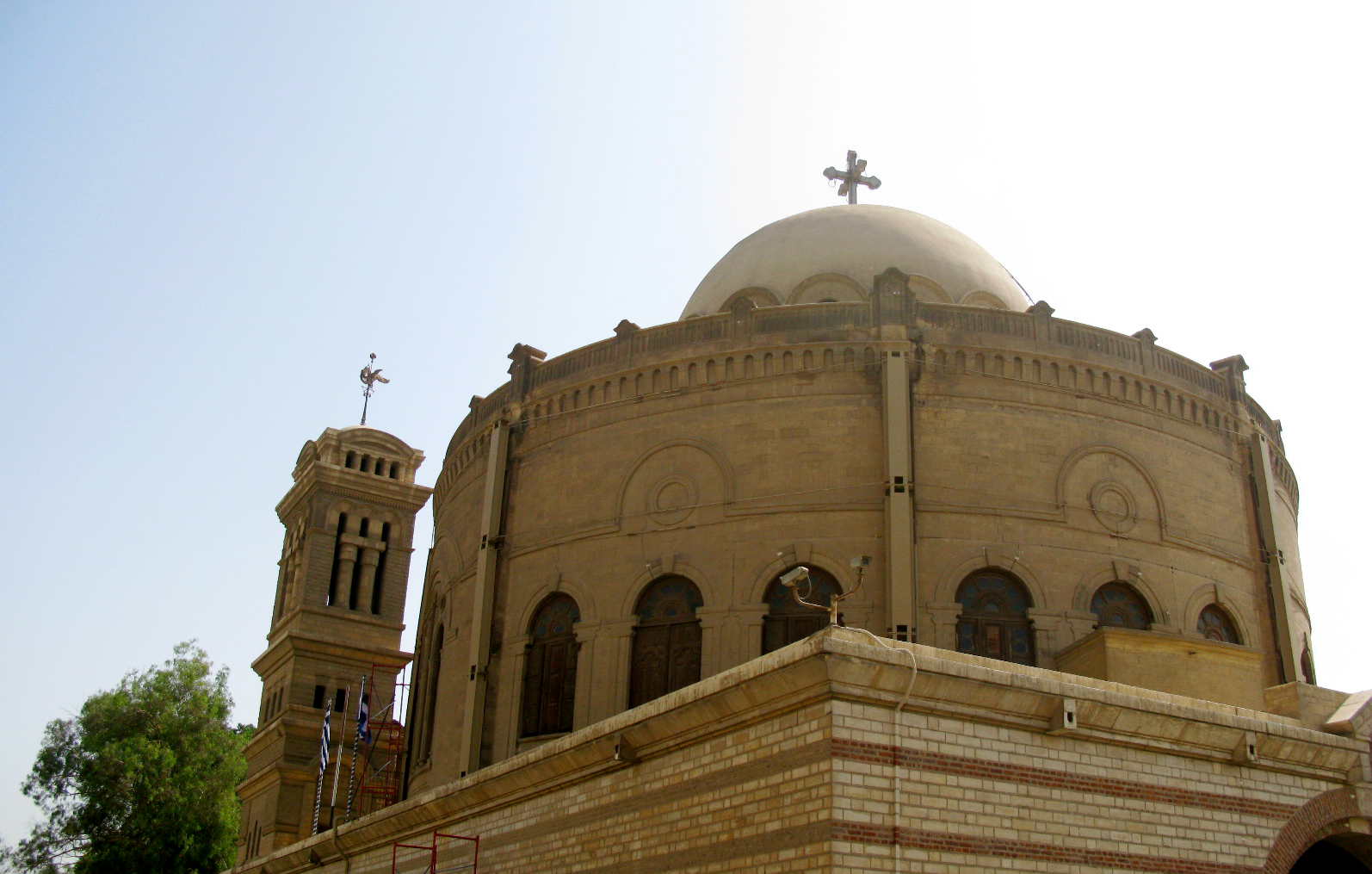

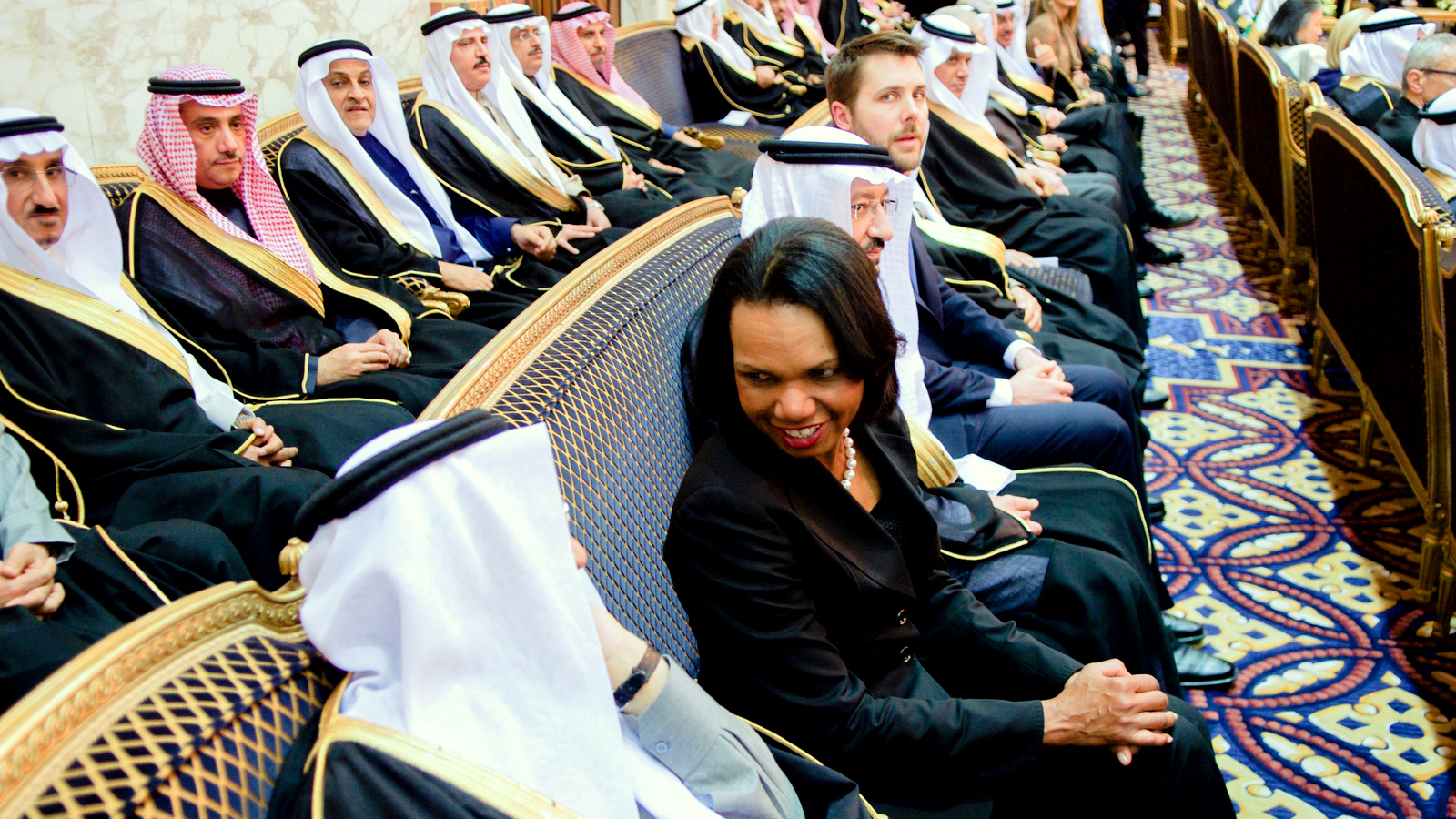


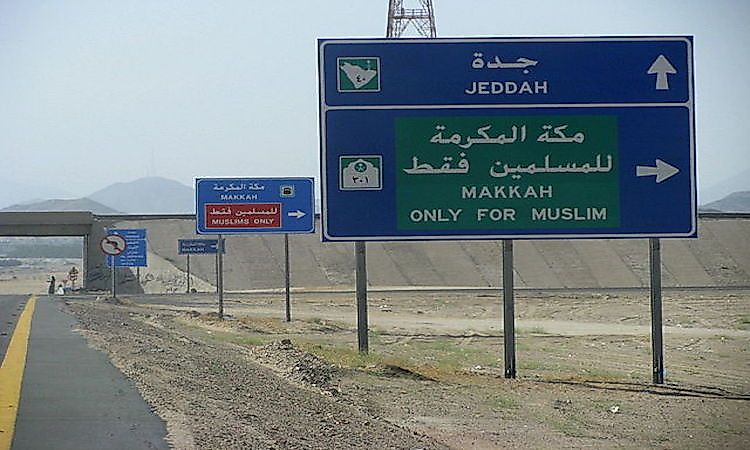

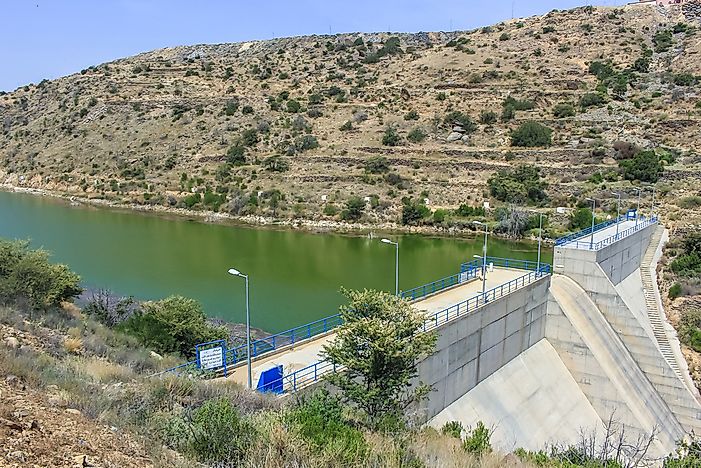




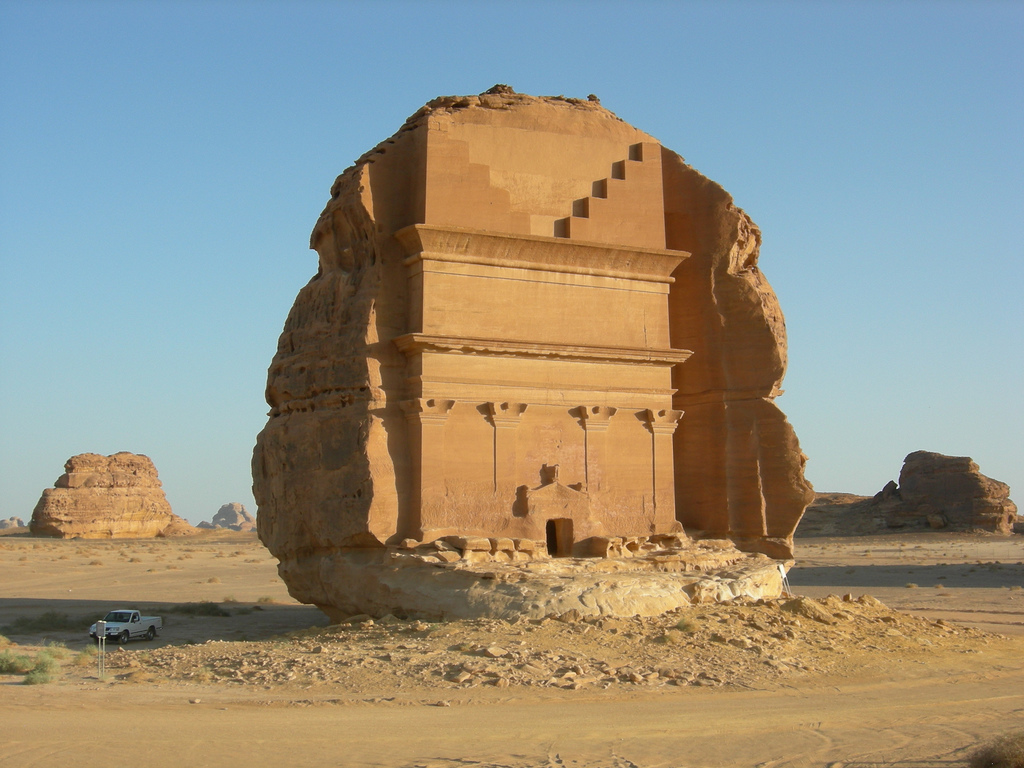
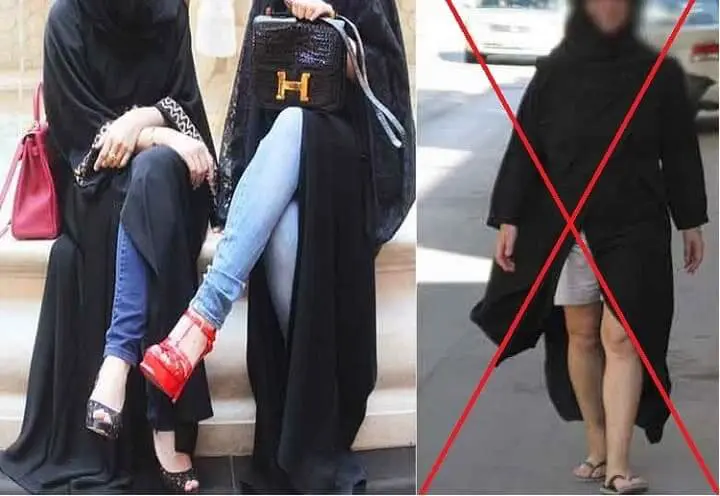


No comments:
Post a Comment
Note: Only a member of this blog may post a comment.